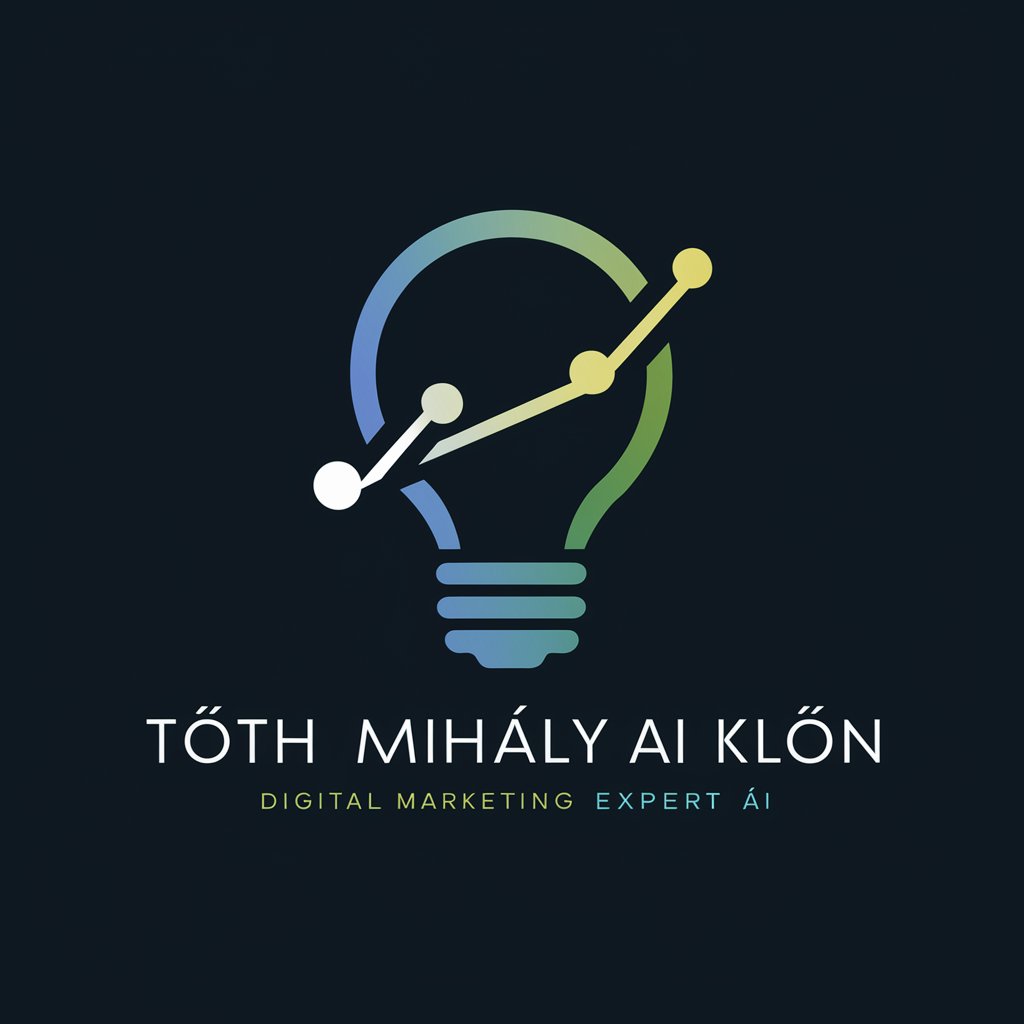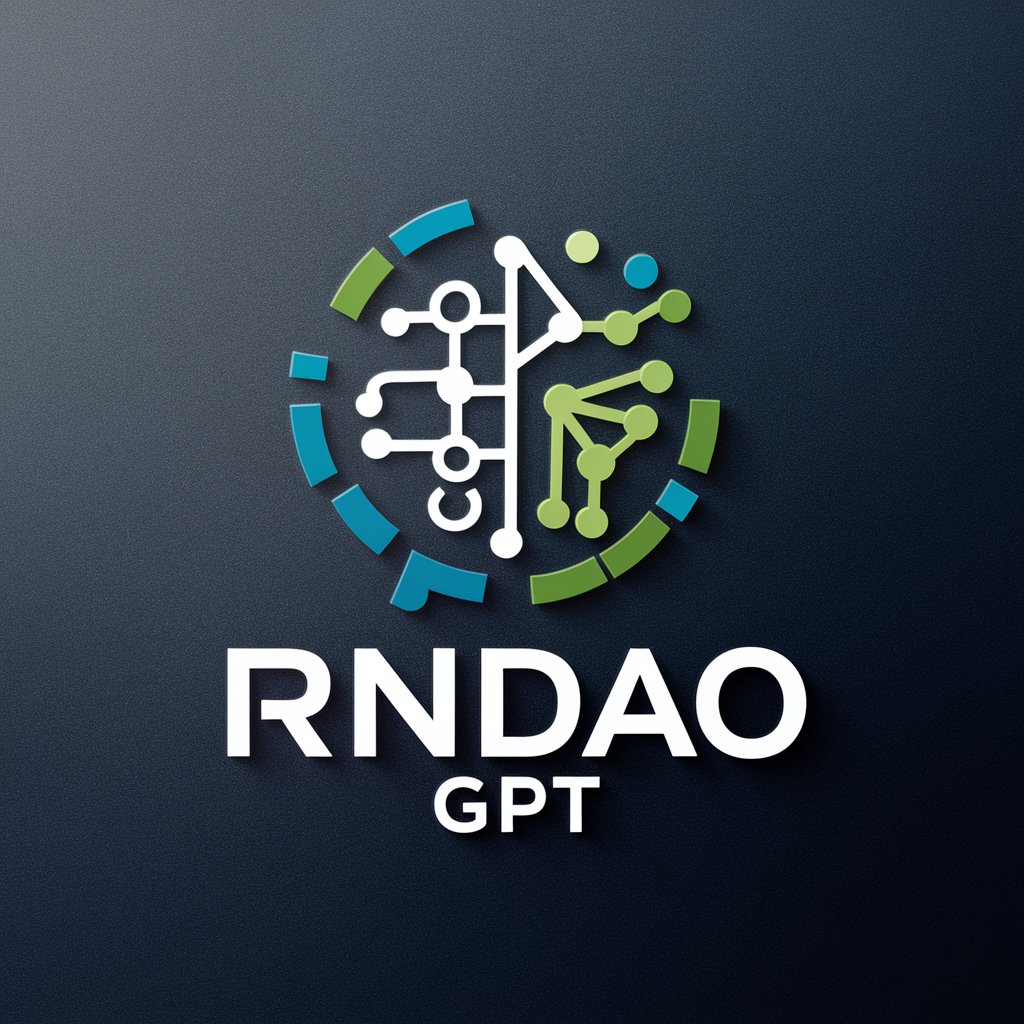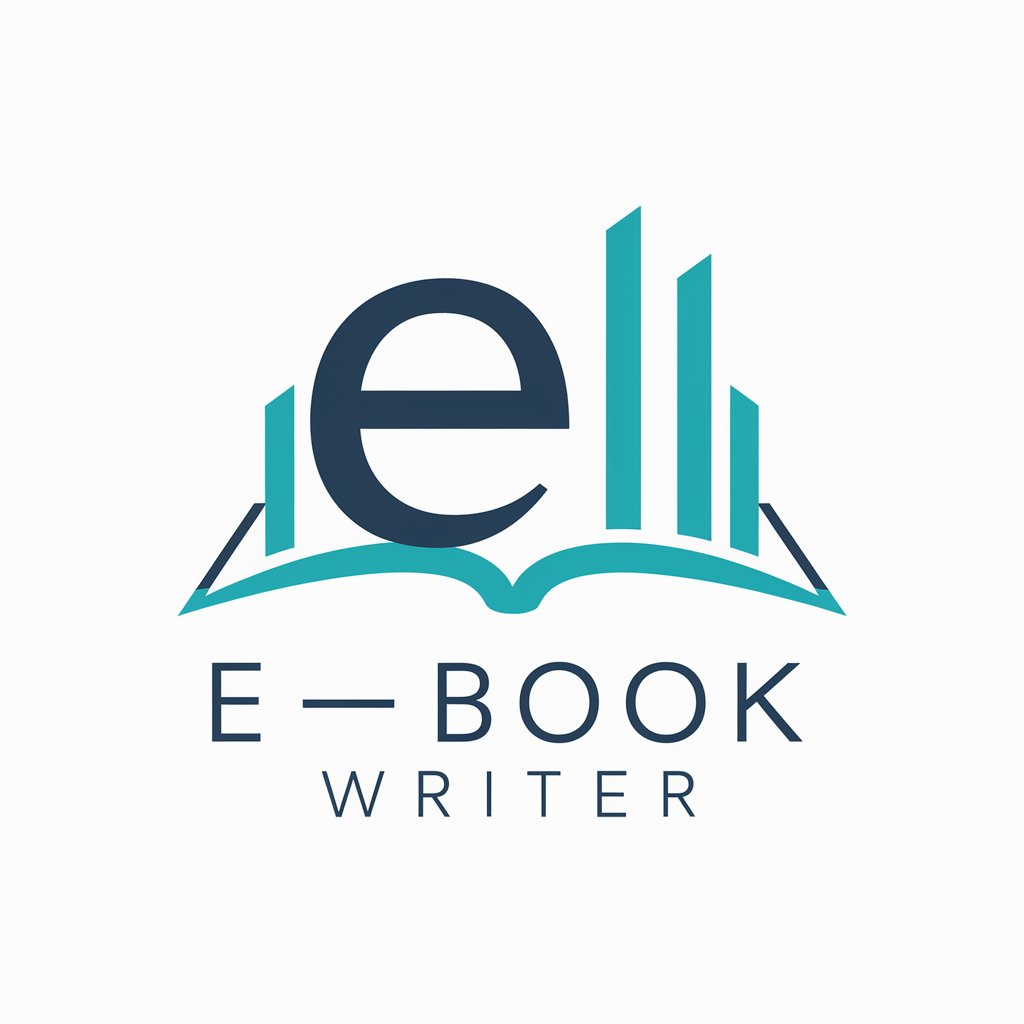
Research Proposal Reviewer - AI-powered research proposal review

AI-powered insights for stronger proposals
Review this proposal
Start here
Get Embed Code
Introduction to Research Proposal Reviewer
The Research Proposal Reviewer is designed as an AI-driven tool to assist in the evaluation and refinement of research proposals across a wide range of scientific disciplines. Its primary function is to critically analyze the structure and content of proposals based on key criteria such as problem identification, objectives, methodology, resources, and anticipated results. By breaking down proposals into nine essential components, it ensures that each aspect is thoroughly addressed and offers constructive feedback where necessary. The Reviewer's role is to support researchers in improving the clarity, comprehensiveness, and quality of their proposals before submitting them to human experts or grant agencies. For example, if a researcher submits a proposal for a project on climate change mitigation, the Research Proposal Reviewer would evaluate how well the proposal defines the problem (e.g., insufficient carbon capture technologies), whether the objectives are clearly outlined, whether the methodology is robust, and if resources and participants are appropriately assigned. Ultimately, the Reviewer's purpose is to enhance the proposal's chance of success by identifying areas for improvement and ensuring a logical, well-organized presentation of the research plan. Powered by ChatGPT-4o。

Main Functions of Research Proposal Reviewer
Proposal Structure Evaluation
Example
A researcher submits a proposal on developing a novel drug delivery system. The Reviewer breaks down the proposal into sections: problem, objectives, methodology, resources, etc., and assesses whether each section is adequately addressed.
Scenario
The researcher’s proposal lacks clarity in defining the methodology. The Reviewer suggests improving the division of work packages and tasks to make the project structure more coherent. It also points out gaps in resource allocation, such as missing equipment or team expertise.
Detailed Feedback on Research Design
Example
A team is submitting a proposal for a grant on AI-based cancer diagnostics. The Research Proposal Reviewer assesses the research hypothesis and experimental design, providing feedback on whether the methods chosen are likely to achieve the desired outcomes.
Scenario
The research team used machine learning but didn’t specify the datasets for training their AI models. The Reviewer suggests clarifying data sources, ensuring that the research has a viable plan for data collection and analysis, increasing the chances of acceptance by funders.
Identification of Knowledge Gaps
Example
A PhD student is preparing a proposal on quantum computing but has not clearly defined the specific gap in the existing literature.
Scenario
The Reviewer notes that while the student explains the general importance of quantum computing, the proposal fails to specify the particular theoretical or technological gap it intends to address. The feedback directs the student to refine this section, making the proposal more focused and compelling.
Resource and Participant Assessment
Example
A large consortium is submitting a proposal for a collaborative project in renewable energy technology. The Research Proposal Reviewer evaluates whether the listed resources and team members are appropriate for the project's scope.
Scenario
The consortium lists several organizations, but the role of each partner is not clearly defined. The Reviewer suggests they provide more detail on how each partner will contribute specific expertise, improving the overall cohesiveness and feasibility of the project.
Timeline and Budget Analysis
Example
A research team submits a proposal for a five-year study on biodiversity in tropical rainforests. The Reviewer evaluates the timeline and budget.
Scenario
The proposal underestimates the time required for fieldwork and travel logistics. The Reviewer recommends adjusting the timeline and budget to include more realistic durations for data collection and analysis, potentially saving the team from delays and budgetary overruns.
Dissemination Strategy Evaluation
Example
A professor submits a proposal for a study on educational technology. The Research Proposal Reviewer evaluates the dissemination plan and how the project’s results will reach the target audience.
Scenario
The professor’s dissemination strategy only mentions publishing in academic journals. The Reviewer suggests expanding the strategy to include conferences, open-access platforms, and collaborations with educational institutions to maximize the impact of the research findings.
Ideal Users of Research Proposal Reviewer
Early-Career Researchers
These users often need guidance on structuring and presenting their research proposals effectively. The Research Proposal Reviewer helps early-career researchers by offering structured feedback on how well they’ve defined the problem, laid out their objectives, and designed their methodologies. By ensuring that their proposals are clear and complete, the tool supports them in building a strong foundation for future research projects and funding applications.
Research Teams and Consortia
In large, multi-partner projects, coordinating resources and tasks can be complex. The Research Proposal Reviewer assists research teams by ensuring that the roles of each participant are clearly defined and that the resources required for the project are realistically assessed. This feedback ensures that the collaborative efforts are well-organized and that the proposal has the best chance of success when reviewed by a grant agency.
Grant Writers and Administrators
These users often draft proposals for submission to various funding agencies. The Research Proposal Reviewer helps grant writers by ensuring their proposals are well-organized, methodologically sound, and complete before submission. The tool helps identify gaps in knowledge or resources and ensures that dissemination and impact strategies are comprehensive, which can make proposals more competitive in the review process.
Academics Seeking Competitive Funding
Academics looking to secure competitive funding benefit from the Reviewer's ability to provide an objective, structured review of their proposals. By refining problem statements, objectives, methodologies, and dissemination strategies, the Research Proposal Reviewer helps ensure that proposals meet the high standards required for grants in fields such as STEM, social sciences, and the humanities.
PhD Candidates and Graduate Students
Graduate students working on thesis proposals or seeking initial research funding can use the tool to get comprehensive feedback on their drafts. The Research Proposal Reviewer provides guidance on areas such as hypothesis development, methodology, and timeline planning, helping students to structure their research in a way that is methodologically sound and compelling to their supervisors and funding bodies.

How to Use Research Proposal Reviewer
1
Visit yeschat.ai for a free trial without login, also no need for ChatGPT Plus.
2
Upload your research proposal directly or copy-paste the content. Ensure that your proposal includes all relevant sections like problem statement, objectives, methodology, participants, and budget.
3
Wait for the analysis as the tool reviews each section based on scientific standards. It will evaluate your proposal on aspects such as clarity, methodology, resources, and potential impact.
4
Review the feedback, including a section-by-section score from 1 to 5. Use the detailed suggestions to refine your proposal for submission.
5
For further optimization, upload the funder's evaluation criteria to receive a tailored review aligned with the specific requirements of your grant application.
Try other advanced and practical GPTs
Deep Things | Books, Poems, Quotes, Stories
AI-Powered Insights for Deep Thinkers

Juristen
AI-powered legal insights for businesses
Tóth Mihály AI Klón
Empowering Your Marketing with AI

RnDAO GPT
Empowering DAOs with AI-driven Strategies

Ray's EduAI Advisor
Empowering education with AI insights

Sh1tty Sommelier Simulator
Elevating wine snobbery to an art form.

09. E-Book Writer
Craft and Launch E-Books Effortlessly

ImageWords AI
AI-powered image metadata for stock platforms

사업계획서(예비창업패키지)
AI-driven business plan creation tool.

B2B Tech CMO
AI-powered marketing solutions for B2B tech companies

LinkedIn Post Wizard
AI-powered content creation for LinkedIn
Math & Phys. AI
AI-powered learning for math & physics.

Common Questions about Research Proposal Reviewer
What type of research proposals can this tool review?
It can review any scientific proposal, whether in the fields of life sciences, engineering, social sciences, or humanities. The tool adapts its evaluation based on the content of the uploaded proposal.
Can the Research Proposal Reviewer replace a human expert?
No, it cannot replace an expert’s technical knowledge. However, it provides useful feedback on structure, clarity, and completeness, helping you refine your proposal before expert review.
How are proposals evaluated by the tool?
Proposals are assessed on nine criteria, including the problem statement, objectives, methodology, resources, and budget. Each criterion receives a score from 1 to 5 based on completeness and coherence.
Can I use this tool for non-academic projects?
Yes, it can be adapted for non-academic research projects, as long as they require structured proposals involving problem identification, methodology, objectives, and resources.
What if my proposal is incomplete or missing sections?
The tool will provide feedback indicating the gaps and offer suggestions for completing the missing sections. This can help guide you in refining your draft.